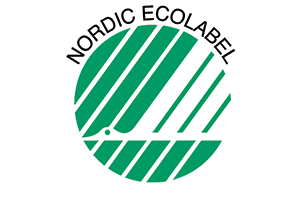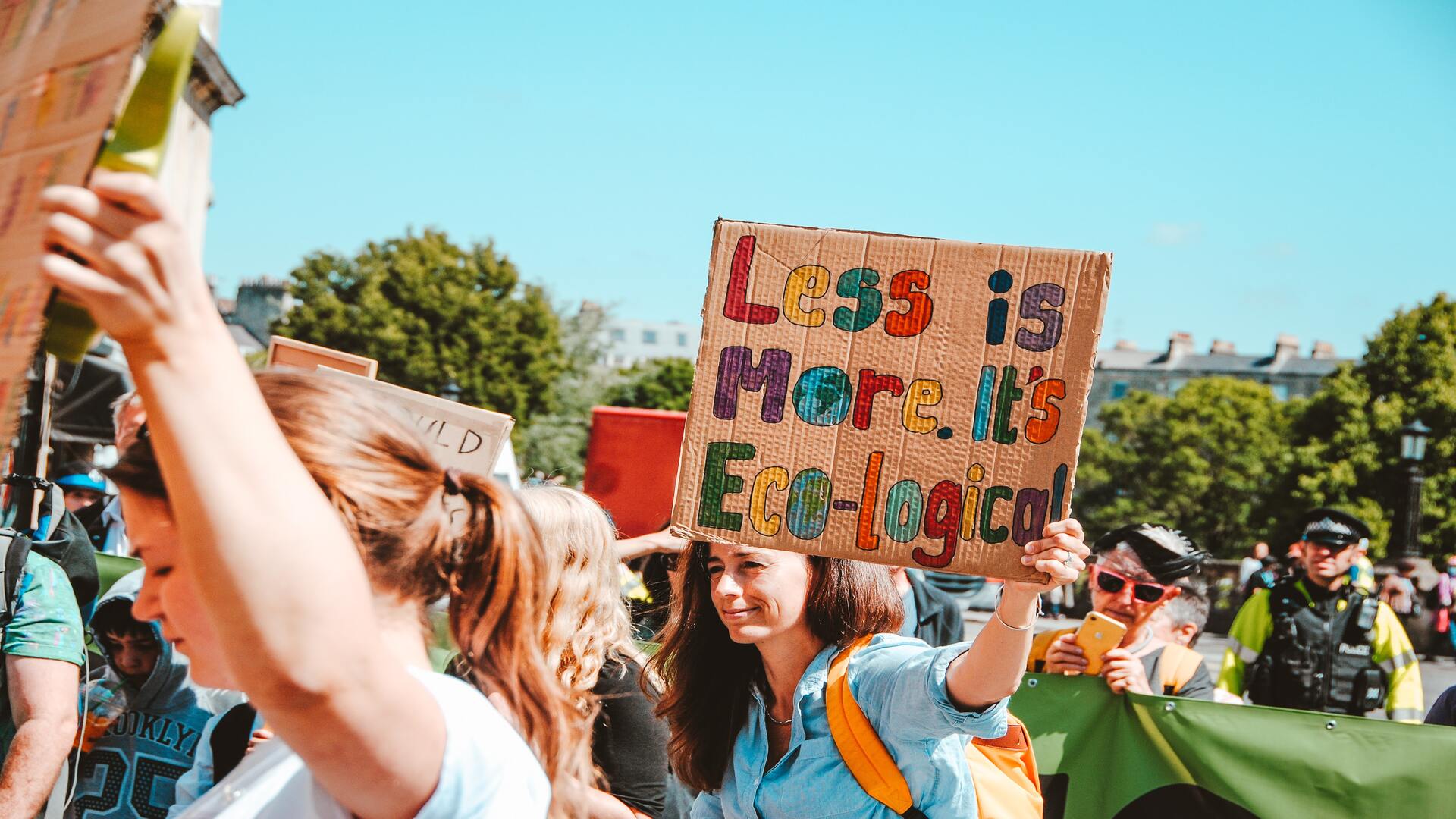
Contributing to the zero waste
knowledge hub
knowledge hub
The International Day for Zero Waste is held annually on 30 March, providing an opportunity to highlight the importance of zero waste and to celebrate and share impactful ideas helping to create a zero waste world.
Proclaimed by the United Nations General Assembly in its seventy-seventh session with a unanimously adopted resolution put forward by Türkiye with 105 other countries, the International Day for Zero Waste is now in its second year.
The resolution invited the United Nations Environment Programme and UN-Habitat to facilitate the observance of the Zero Waste Day. As part of these efforts, the One Planet Network has created this knowledge hub which brings together practical and inspiring ideas for change, which you can view and contribute to on this dedicated site.
"We cannot continue to take from the Earth’s belly with abandon and then simply discard into the environment when we are done. It is unconscionable that we continue to throw away valuable metals, resources, and food when we are so clearly in debt to the planet and inequality is on the rise world over.”
– Ms. Inger Andersen , Under-Secretary-General of the United Nations and Executive Director of the United Nations Environment Programme (UNEP)

“Cities worldwide are on the search for solutions to the mountains of waste we generate every day. We need a paradigm shift in thinking about how to scale down this mountain! We must commit to reducing waste at the individual, community, national and international levels. We can improve the quality of life for people and empower everyone to act towards zero waste.”
– Ms. Maimunah Mohd Sharif, Under-Secretary-General of the United Nations and former Executive Director of the United Nations Human Settlements Programme (UN-Habitat)
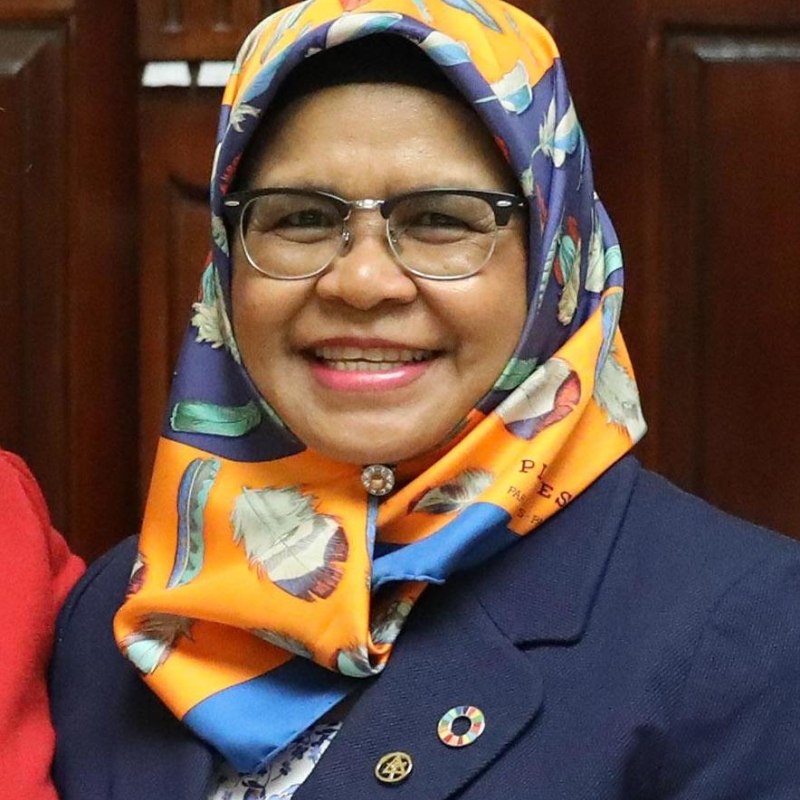

Mismanaged waste aggravates the triple planetary crisis of climate change, nature and biodiversity loss, and pollution. In 2020, the world generated 2.24 billion tonnes of municipal solid waste, of which 45% is mismanaged. Our current production and consumption patterns harm the environmental and human health.
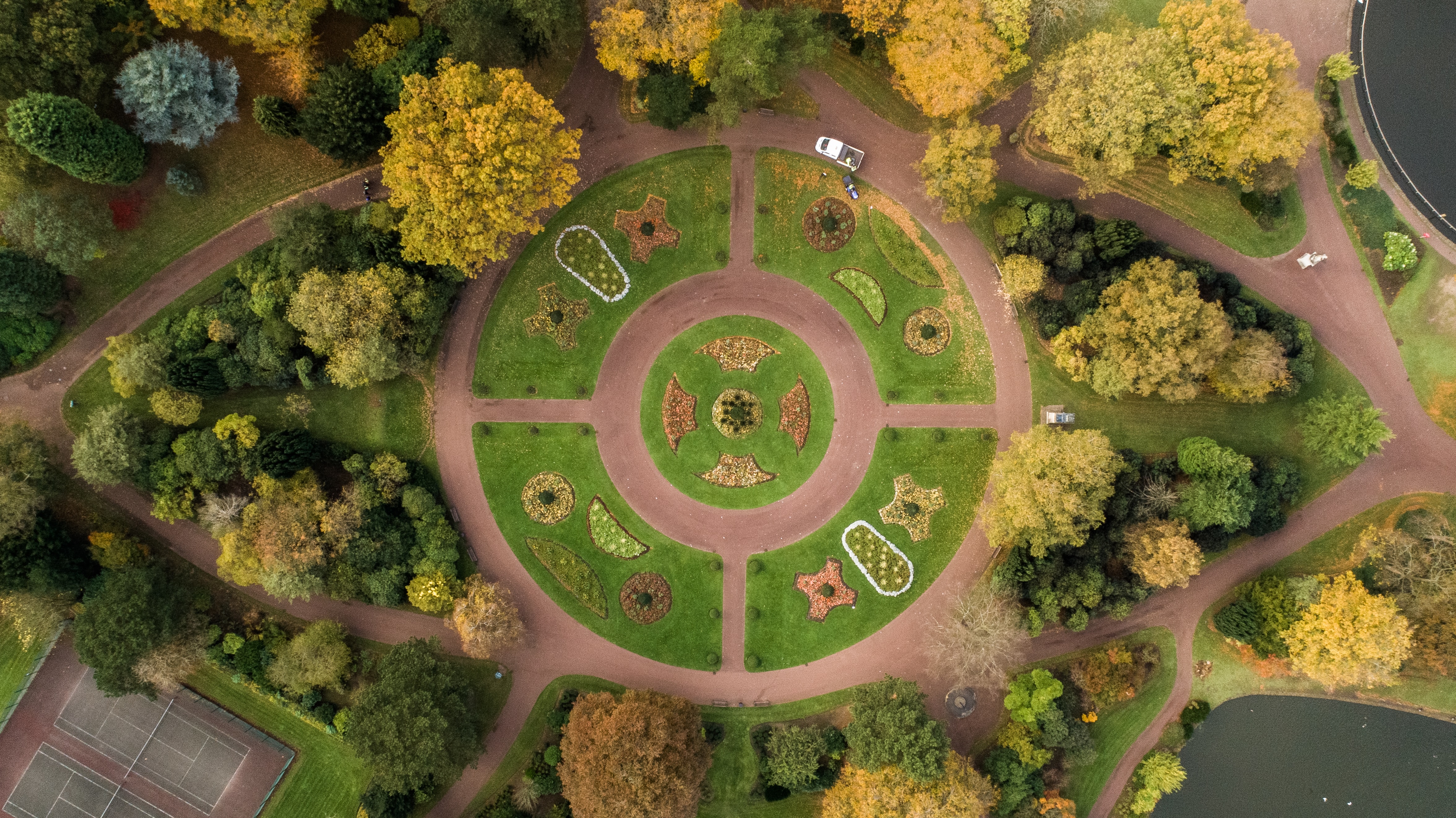
Zero Waste
Zero waste is an approach to change our behaviour to achieve responsible production and consumption as well as accelerate the shift towards a circular system. This can foster inclusive and sound waste management that minimize and prevent waste. To achieve zero waste, all stakeholders – including national and local governments, civil society, the private sector, academia, communities, women and youth – must act.
Promoting zero-waste initiatives can help advance all the goals and targets in the 2030 Agenda for Sustainable Development, including Sustainable Development Goal 11 on making cities and human settlements inclusive, safe, resilient and sustainable and Sustainable Development Goal 12 on ensuring sustainable consumption and production patterns.
Adapting consumption patterns to embrace zero waste can provide economic benefits
A shift to a circular economy, which embraces zero waste, can save governments US$70 billion by 2040 and create 700,000 additional jobs.
Approximately US$100 billion worth of material in the textile industry can be saved annually with proper management.
Using renewable energy and materials can build resilience against natural disasters and the effects of the triple planetary crisis on resources.
Businesses can incentivize consumers to properly dispose of their products by offering trade-in, re-sale, collection drives or other benefits. This can also build trust among consumers and establish brand loyalty.
Share Your Zero Waste Good Practices!
Share Your Zero Waste Good Practices!
The UN Secretary-General’s Advisory Board on Zero Waste wants to spotlight and disseminate your success stories and best practices.
We would love to know if you have an interesting example of innovative waste management practices that can amplify awareness and inspire action for zero waste.
Case studies and best practices will be featured on the One Planet Network website and a selection will be highlighted by the UN Secretary-General’s Advisory Board at high-level events, especially the International Day of Zero Waste on 30 March 2024.
Please complete our submission form to submit your story and project details.
selected case studies by The UN Secretary-General’s Advisory Board on Zero Waste
selected case studies by The UN Secretary-General’s Advisory Board on Zero Waste
Waste Wise Good Practices
UN Habitat Waste Wise Good Practices
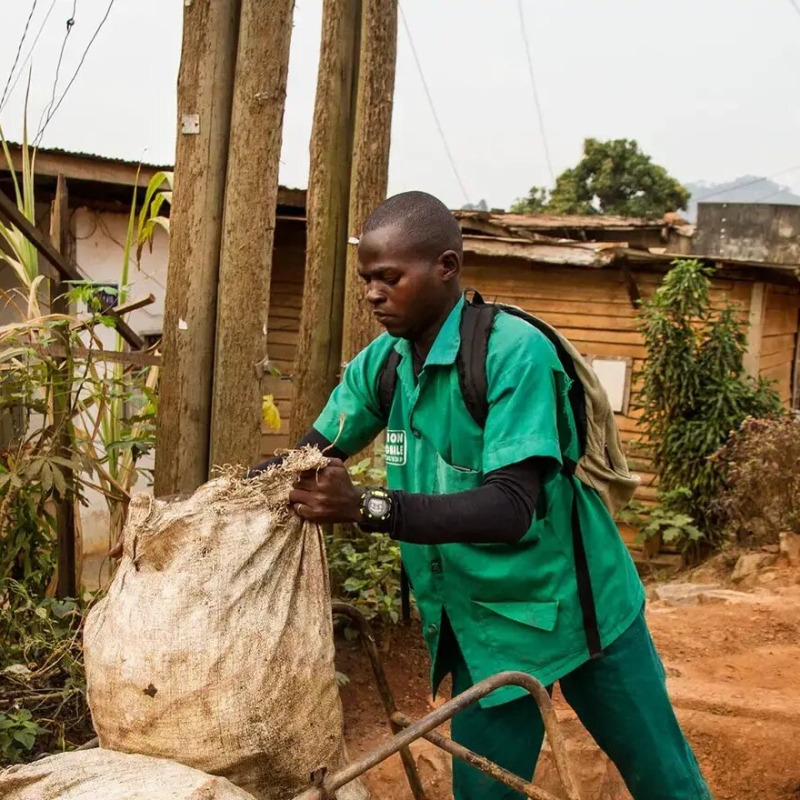
Zero Waste Knowledge Hub
Showing 1 - 12 of 420 results



